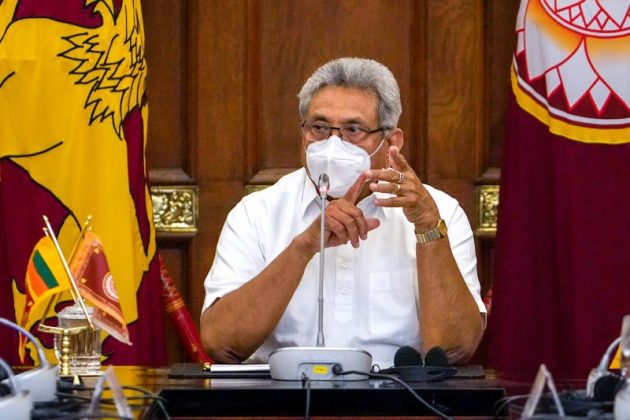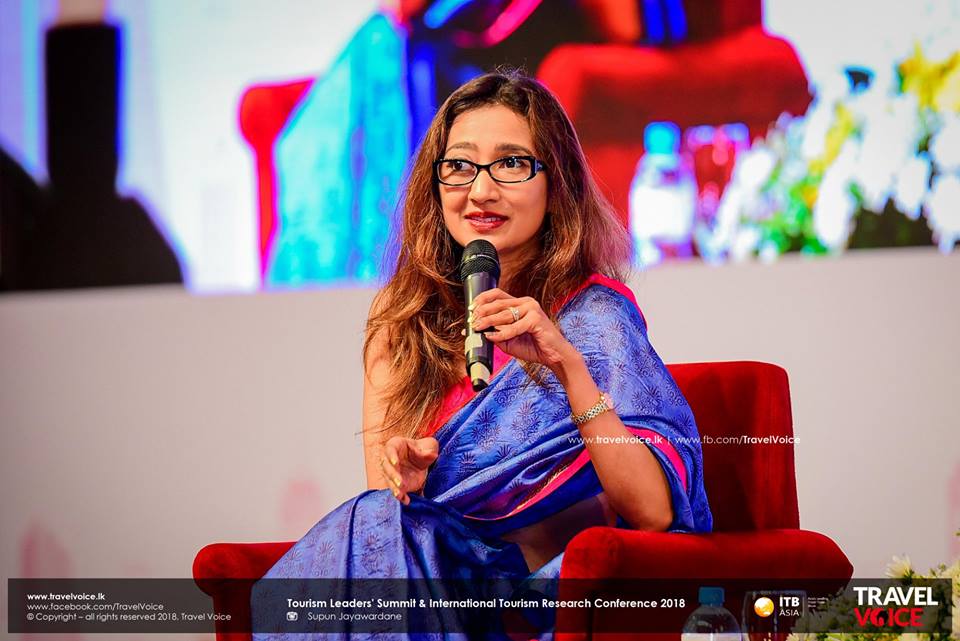
Following a record number of daily covid-related deaths on Monday, 111, Sri Lanka’s intelligence officials have blamed protesters for the spread of the virus.
Over the last month, a total of 120 protests were held across Sri Lanka, and it is reported that over 1,500 people attended each of these protests. In this past week, infections rose by 3,000 whilst the number of deaths more than doubled.
However, Human Rights Watch has raised concerns that Sri Lanka’s security officials are exploiting the pandemic to provide cover for police abuses. In their reporting, they highlighted unlawful killings and abuses by Sri Lanka’s police and called on international partners to end their engagement with “abusive Sri Lankan law enforcement agencies”.
Read more here: Human Rights Watch urges international partners to suspend engagement with Sri Lanka's police
No lockdown
![]()
Despite this stark record, Sri Lanka’s Media Minister, Keheliya Rambukwella, has denied the need for a lockdown claiming that that would only be used as a “last resort, but we are not there yet”. Similarly, Sri Lanka’s High Commissioner to the UK, Saroja Sirisena, claimed Sri Lanka’s healthcare response was “phenomenal” and expressed optimism that Sri Lanka would make it off the UK’s red list from September.
These statements came despite the rising covid cases and warnings from Sri Lanka’s own medical association.
A spokesperson for Sri Lanka’s Medical Association told reporters:
"We have given the final warning to the government to take urgent steps to lock down at least for two weeks".

Sirisena’s statement comes as Sri Lanka’s tourism industry is badly suffering due to the pandemic. Last month, Sri Lanka’s Tourism Ministry, in coordination with the Foreign Affairs Ministry, pleaded for 21 countries to lift their travel ban on Sri Lanka despite rising COVID cases. Over the past five years Sri Lanka’s tourism industry contributed around 11% of the national gross domestic product however due to the pandemic this has significantly shrunken.
We need your support
Sri Lanka is one of the most dangerous places in the world to be a journalist. Tamil journalists are particularly at threat, with at least 41 media workers known to have been killed by the Sri Lankan state or its paramilitaries during and after the armed conflict.
Despite the risks, our team on the ground remain committed to providing detailed and accurate reporting of developments in the Tamil homeland, across the island and around the world, as well as providing expert analysis and insight from the Tamil point of view
We need your support in keeping our journalism going. Support our work today.
For more ways to donate visit https://donate.tamilguardian.com.

